Bee-Elle brings us the second part of her three-part Turn to Dust series on elephant conservation: Of Ivory and Ashes. You can read the first installment, War on Ivory, by clicking here, or read on for a look at the role of political statements in the fight to save elephants from extinction.
By Bee-Elle
“Will the ivory burn? You must be sure of that,” President Moi said, cautiously.
In 1989, the President of Kenya was concerned about this operational issue as much as the potential reaction of Kenyan citizens if he were to make twelve tonnes of ivory go up in flames. When Richard Leakey – the head of Kenya’s Wildlife Conservation and Management Department at the time – discussed the idea with him, Moi was hesitant and fearful it would prove to be an unpopular move, as the ivory was worth USD$3 million and the public knew how much the country could use this revenue for its own national development.
After a lengthy period of persuasion, the President agreed to run the first ivory burn in history. Moi may not have had the greatest of track records in other fields, but his decision to reduce a massive stockpile of ivory to ashes in an enormous pyre in July, 1989, was arguably one of the most impactful decisions he made in office. Twelve tonnes of tusks were torched, sending a bold statement to the world that Kenya would not tolerate the killing of elephants to fuel an antiquated trade. As the world watched the ivory go up in smoke, Kenya was seen as a leader in the war against the trade.
Subsequently, after the burn, CITES (Convention on International Trade in Endangered Species) banned the trade worldwide.
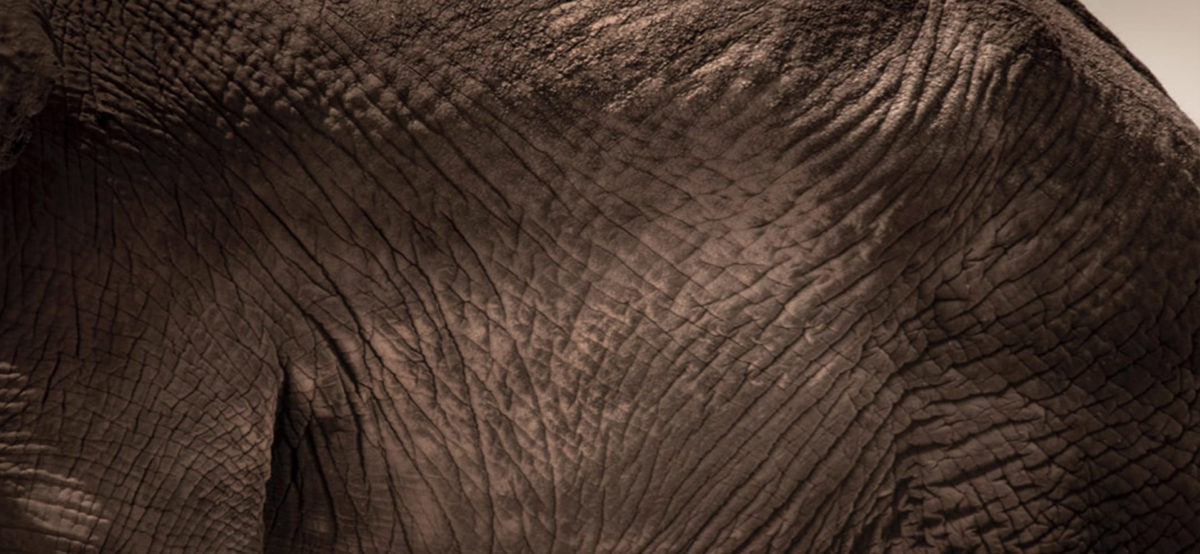
Etched: Bee-Elle Photography, All Rights Reserved
Ivory Burns
The succession of events continued with subsequent ivory burns under President Kibaki’s regime in 1991, when 6.8 tonnes were destroyed, and again in 2011 when five tonnes went up in flames. The largest of all the burns, however, and possibly the most dramatic, was the 105-tonne burn at Nairobi National Park last year, organised by President Kenyatta.
Like scenes from a mass funeral, twelve pyres of ivory and rhino horn burned in front of the world’s media, releasing billows of black smoke into the air and blanketing the city in a shroud of grief.
The message was clear: ivory has no economic value.
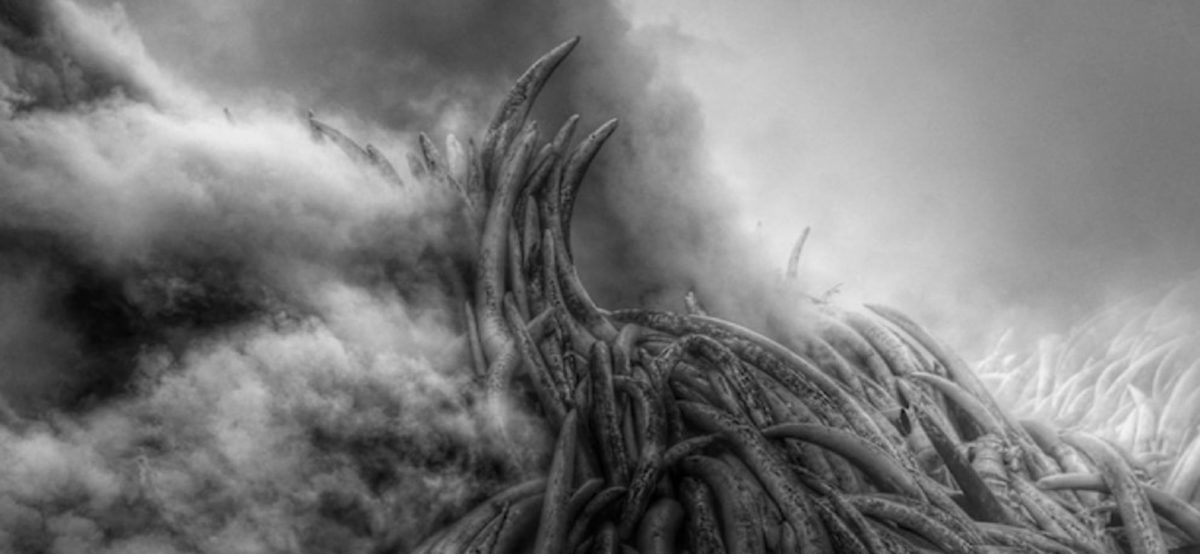
Burning souls: Bee-Elle Photography, All Rights Reserved
While mass destructions of ivory has been criticised for its effect on market prices – a reduced supply would drive prices up – the overwhelming opinion is that the act of destroying tusks is a powerfully political stance.
A stance that says the ivory is worthless if it is not on an elephant, and the impact this will have on social attitudes is far more lasting – which is, ultimately, the main change we need.
A few months later, Vietnam destroyed approximately USD$7 million worth of ivory and horn that came from approximately 330 African elephants and 23 rhinos. In the wake of this unprecedented event, the Vietnamese Government vowed to introduce criminal penalties for wildlife offences instead of fines. This would represent a significant step forward for a nation that has become one of the world’s largest hubs of wildlife trafficking.
But perhaps most critically of all, China – the world’s largest ivory market and main driver of demand – made clear their stance on the trade over the last few years. In key public events, six tonnes of ivory were crushed in Guangdong in 2014, and then 662kg in Beijing in 2015.
Most recently, China and Hong Kong pledged to ban their domestic trades by 2017 and 2021 respectively, representing a marked display of political will and commitment – arguably the best move that the international community could have hoped for.
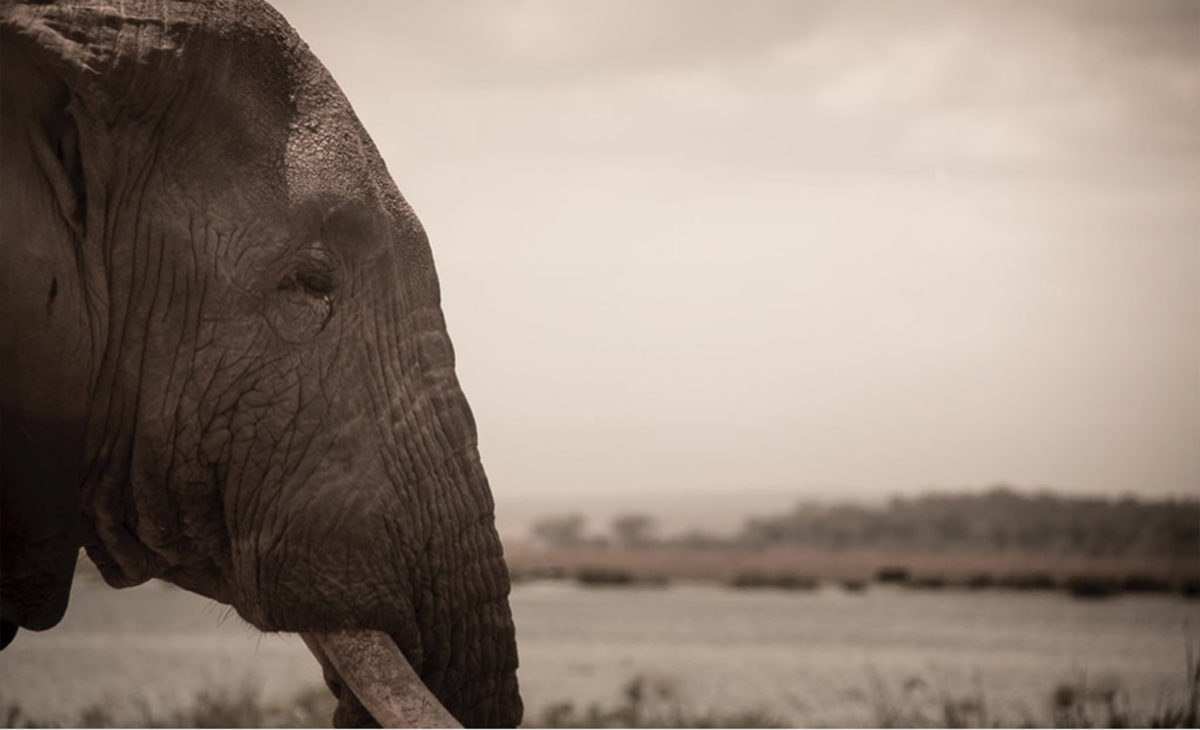
Survival: Bee-Elle Photography, All Rights Reserved
The Illegal Trade
The fallibility of such a ban, however, lies in the fact that the bulk of the trade – an estimated 90% of it – is illegal, and so legislation to stamp out the trade would only affect an extremely small proportion of the tusks flowing through the chain of manufacturers and retailers. Further, the trade continues unabated in Japan where the trade is wholly legal; and demand for the tusk from Vietnam and Thailand is frighteningly on the rise.
The other compounding issue is that those in control of the legal trade are invariably the ones whom enable the illegal trade, or worse still, run it.
In the case of China, in a context where corruption is rife, a blind eye is turned and, as a result, poor law enforcement abounds. Despite the legislative changes, the ivory will continue to surely flow, and the cogs of the black market trade will keep turning.
It will continue, perhaps, as though nothing had ever really changed, or worse still, the trade will spin faster now, in a bid to outrun the very legislative forces designed to wipe them out and where the illegal market will now make up 100% of the market.
Weak governance of Africa’s elephant range states further lubricates the trade, which is no news. If there’s a willing agent in Asia to import, there’s surely a willing export agent in Africa to match.
Fighting the War on Ivory Means Fighting Corruption
Perhaps now it’s not so much the laws that can make the biggest difference. The conversation now needs to focus on fighting corruption to properly implement legislation and enforcements. If greed, selfishness and ignorance from the East drives demand, then greed, selfishness and ignorance from Africa, in the form of corruption, creates free-flowing supply. It is a game of two evils.
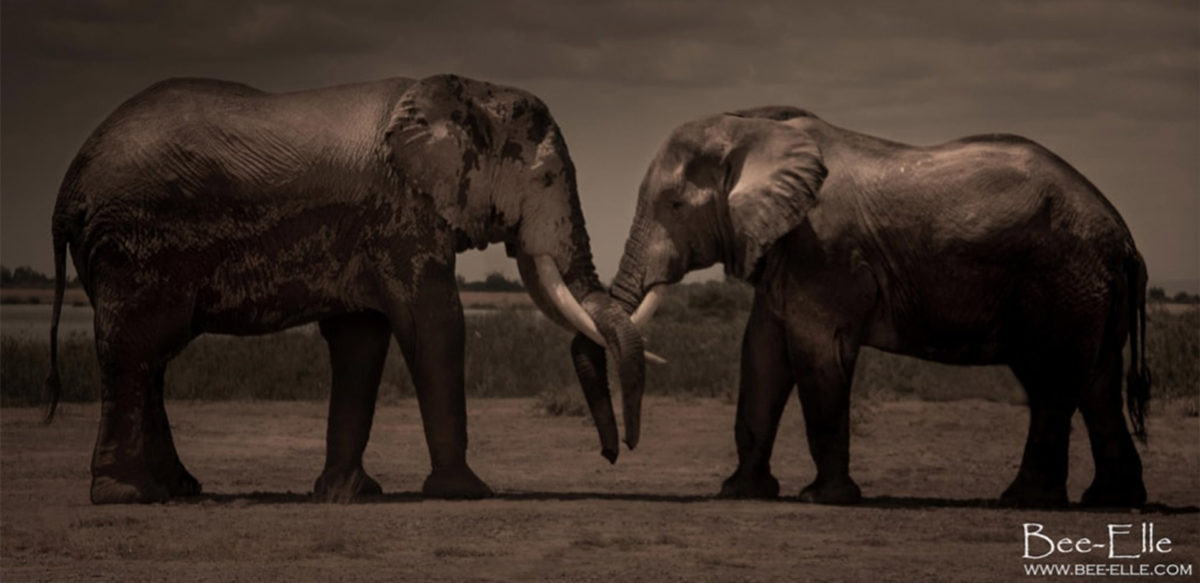
Unity: Bee-Elle Photography, All Rights Reserved
Moving Forward
At the end of the day, there is progress, and there is inherent good in that. China has effectively responded to both diplomatic and societal pressure from communities both domestically and abroad. Whether it was to avoid political embarrassment, to ‘save face’ – a common theme in Asian politics – or because they intrinsically want to save the elephant, at the end of the day, it doesn’t matter. The wheels are now set in motion and the global community can continue to hold them to account.
While it’s an easy route to threaten a country with sanctions to push them into compliance, it’s much easier – and much more sustainable – to positively support a government to do what is right. This includes supporting them to induce mass attitudinal and behavioural change from societies who have, for millennia, believed in the prestige and status associated with ivory.
There are no easy answers and no clear paths ahead, but the tides are changing in the right direction.
The elephant however, doesn’t have time to wait. The truth is clear and stark – if all things are held constant and continue as they are, the elephant will disappear from the face of the earth forever. If we can change the game – now – then maybe we can sleep a little easier knowing that there is hope.
See more of Bee-Elle’s incredible and important work via her website here.
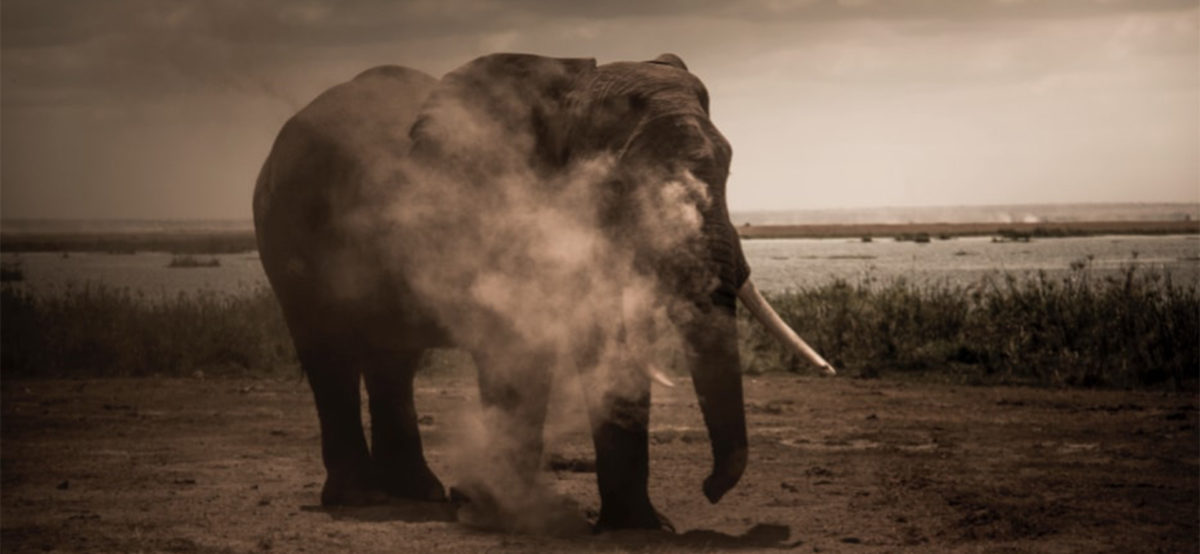










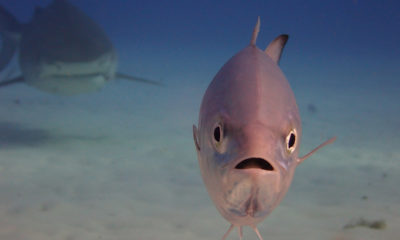

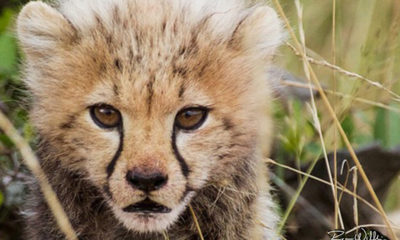

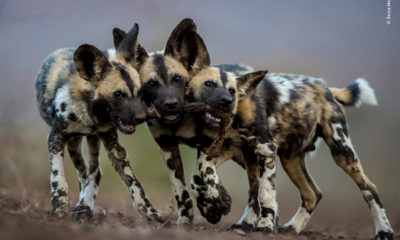

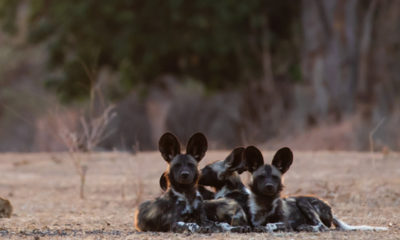










You must be logged in to post a comment Login